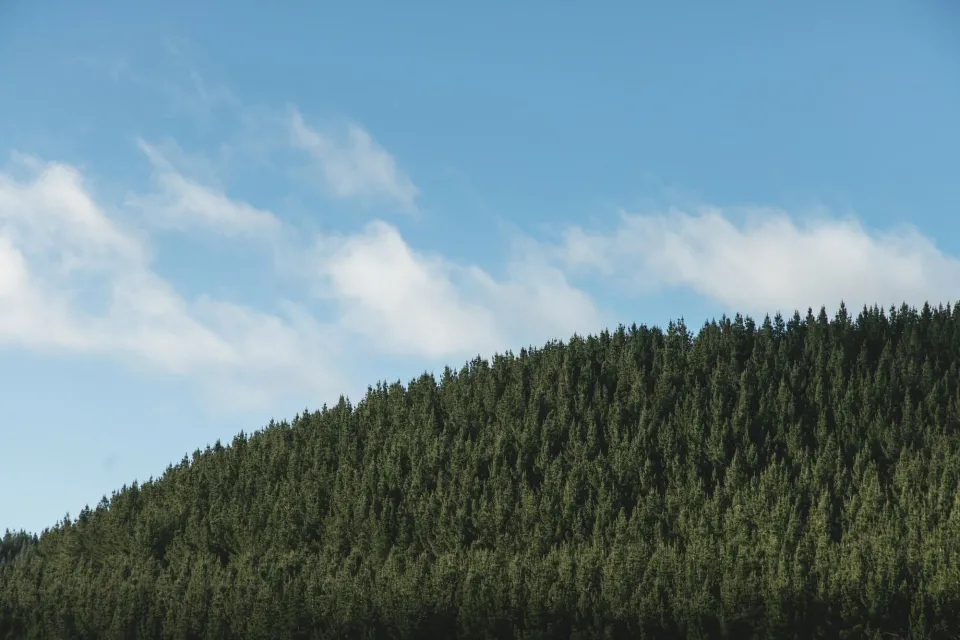-
About
-
Products
- By Timber Product
- Cladding
- Decking
- Screening
- Panelling
- View all
- By Application
- Exterior Cladding / Siding
- Exterior Rain Screen
- Interior Walls & Ceilings
- Soffits
- Screening, Fins & Battens
- Windows, Doors & Joinery
- Posts & Beams
- Accessories
- Coatings
- Fixings
- Samples
-
Resources
- Projects
- Contact
The Right Timber Choice to Meet Changing Building Requirements for Embodied Carbon
Readily available data on a product’s carbon impact is imperative to meeting modern building standards.
With sustainability and environmental concerns at the forefront of today’s building decisions, tropical hardwoods are becoming increasingly difficult to specify due to building standards restrictions, which require carbon accounting over the lifecycle of a product.
Both of the forestry industry’s main certification standards systems, Forest Stewardship Council® Certified (FSC®) and Programme for the Endorsement of Forest Certification (PEFC) collect data on forestry operations, but neither requires certificate holders to measure the carbon impact of such operations or to reduce emissions within these.
For this reason, simply choosing certified timbers is not enough to reach many of the standards set out by building codes, or to do your part for the climate.
Since 2021, a national standard to measure, benchmark and certify embodied carbon has been under development by NABERS (National Australia Built Environment Rating System) in partnership with GBCA (Green Building Council Australia), and is now moving closer to launch.
Within a couple of years of completion, buildings will be able to get a NABERS Embodied Carbon certificate. Utilising the familiar 6-star scale of other NABERS ratings, it will provide a clear and concise evaluation of a building’s environmental impact.
The new NABERS embodied carbon tool expected to be available at the end of 2024 will encourage the use of Environmental Product Declarations.
An Environmental Product Declaration (EPD) is the best quality data available to ascertain embodied carbon levels. It is also is a certified, independently verified assessment of a product’s environmental impact, and is the main outcome of a Life Cycle Assessment (LCA), which pulls together all the data on a product’s impact from manufacturing through to disposal.
Making data on our products readily and clearly available is an important part of Abodo’s ethos, which is why our current EPD report is easily downloadable via our website. Abodo’s products come from sustainably managed New Zealand plantation forests. Paired with the use of quick-growing timbers, thermally modified for longevity and stability, this means our product lasts through weathering and aging without needing to be replaced or refinished often.
We also use low VOC glues and finishes and have a continuing focus on waste reduction through our manufacturing process by recycling and reusing offcuts. Our thermally modified Vulcan products are verified to store more carbon than is used in their production, and studies have shown that the use of our products can make a significantly positive impact on a building’s LCA.
Choosing a timber that treads lightly on the planet while also meeting building standards is a win-win in our books, and this can only be done by trusting the research and data that backs a product. Look for a current EPD to be sure you are specifying the right timber for your Australian buildings from this year forth.

Endangered Kārearea (NZ Falcon) Is Nurtured in Abodo Timber Sourced Forest. Learn more

